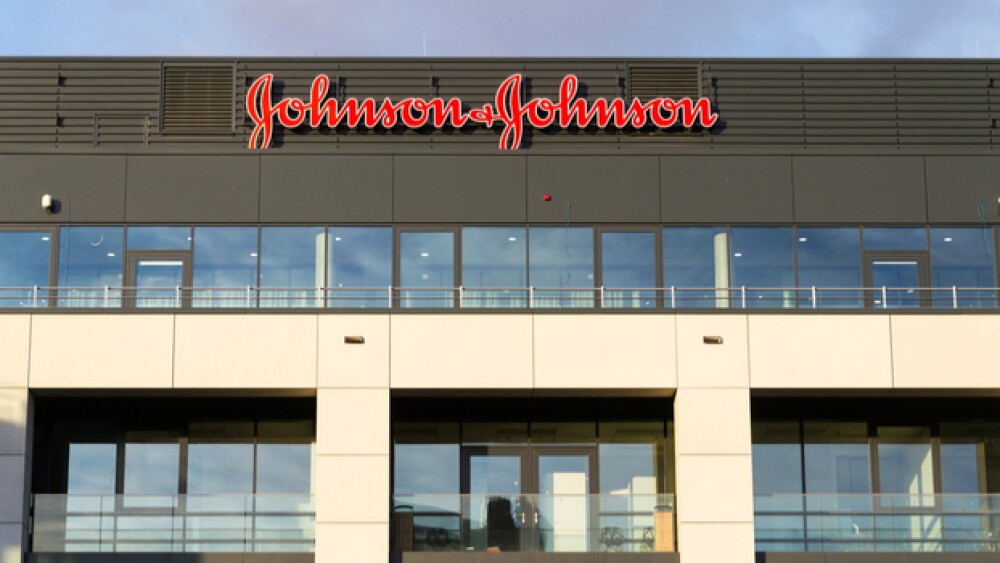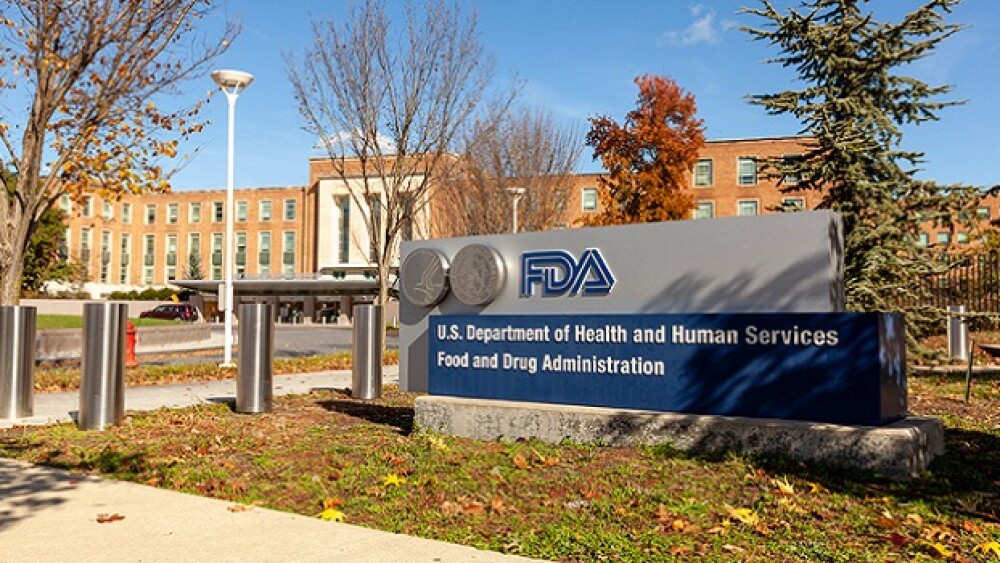Johnson & Johnson’s iconic talcum powder product has been the subject of lawsuits and a scathing report that indicated the company allegedly knew that carcinogenic asbestos was sometimes found in the product. As a result, the company has received subpoenas from the federal government.
josefkubes / Shutterstock.com
Johnson & Johnson’s iconic talcum powder product has been the subject of lawsuits and a scathing report that indicated the company allegedly knew that carcinogenic asbestos was sometimes found in the product. As a result, the company has received subpoenas from the federal government.
On Wednesday, Johnson & Johnson confirmed to Reuters that it had received subpoenas from both the U.S. Department of Justice and the U.S. Securities and Exchange Commission related to litigation surrounding the alleged asbestos contamination. J&J told acknowledged the subpoenas its annual report and said that it will cooperate fully with the investigation but will also continue to defend the company, according to Reuters. In its report, Reuters said neither the Department of Justice nor the SEC commented on the subpoenas.
The subpoenas came about two months after a Reuters investigation said the company allegedly knew about asbestos contamination in the product and also allegedly kept that information from regulators and the general public. That report, which J&J has called “one-sided, false and inflammatory,” was released several months after a jury awarded almost $4.7 billion in damages to 22 women and their families after it was determined that talc contributed to the development of ovarian cancer in the plaintiffs. Six of the plaintiffs died from the disease.
Johnson & Johnson, which is synonymous with the baby powder it has sold for decades, faces more than 10,000 lawsuits over the alleged asbestos contamination. According to the American Cancer Society, “in its natural form, some talc contains asbestos, a substance known to cause cancers in and around the lungs when inhaled.” However, the Reuters investigation said that internal documents from the company showed that over the course of four decades, the “company’s raw talc and finished powders sometimes tested positive for small amounts of asbestos, and that company executives, mine managers, scientists, doctors and lawyers fretted over the problem and how to address it while failing to disclose it to regulators or the public.”
Following that report, regulators in India seized samples of J&J’s talcum powder and raw materials associated with the product for inspection.
Back in the U.S., J&J is also being closely examined by political forces following the release of the Reuters investigation. In January, U.S. Sen. Patty Murray sent a letter to the company seeking information about its baby powder following the investigation. The letter, Reuters reported, was sent to J&J Chief Executive Officer Alex Gorsky. Murray was seeking documents and information related to the testing of talc products at the company.





